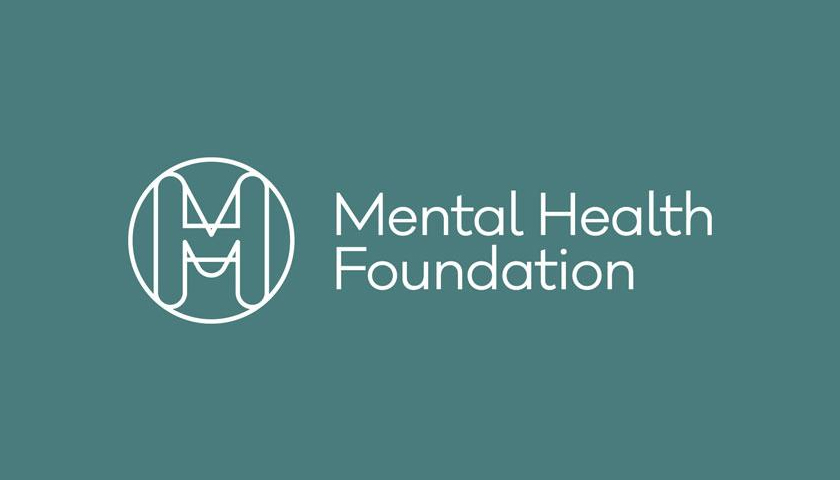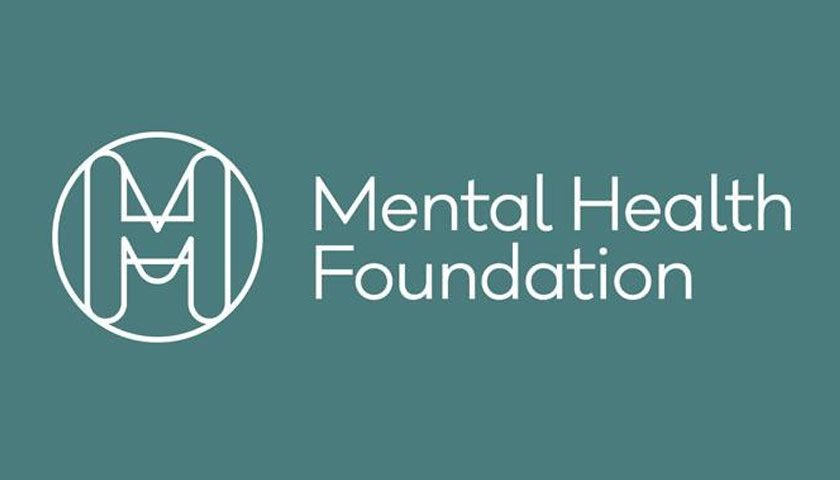A survey of parents with children aged 5 to 18 has revealed that 41% of parents think their children are anxious about the threat of terrorism.
The YouGov survey of over 1,800 parents was commissioned by the Mental Health Foundation to uncover the impact world events could be having on children, and equip parents to respond.
Almost a quarter of parents (23%) indicated their children were anxious about the threat of nuclear war. A third of parents (33%) thought their children were anxious about Donald Trump’s presidency. A third of parents (32%) also thought their children were anxious about global warming and climate change.
In terms of signs parents are noticing, of those whose children were anxious, 6 in 10 (61%) have noticed their children starting to ask a lot more questions, a quarter (24%) had noticed their children seeking reassurance, and 13% reported that their children have gone as far as asking to avoid activities such using public transport or going to busy public places. A further 8% reported their children having nightmares.
It found that overall almost 4 in 10 parents (39%) were concerned that their children are becoming more anxious about world and national events.
Child psychology expert, Dr Camilla Rosan of the Mental Health Foundation said:
“We often forget that distressing world events can have a significant impact on the mental health of our children. This is especially true in the digital age where it’s no longer possible to shield our children from worrying or scary news.
“Our poll indicates widespread anxiety among children – especially about the threat of terrorism. But the good news is there is a lot we can do to help children cope with scary events.
“It’s important for example to let children know the facts of any given event but also to put things into perspective and let them know they are safe. Anxiety about scary news events is normal, but not something children have to deal with alone.
“Parents can really help tackle problems early and support good mental health for their children by talking about these issues in an open and honest way. This lets them know that it’s okay to talk about scary or tricky subjects, and hopefully, will give them the confidence to talk about things that might be playing on their mind at other times too.”
In order to combat this the Mental Health Foundation has released a guide to talking to your children about scary world news.
Talking to your children about scary world news
News is everywhere. In the digital age, it is no longer possible to control the news that we are exposed to, or to shield children from upsetting information.
What you can do is help to minimise the negative impact it has on your children. You can do this through open and honest conversations at home. Here are some top tips:
1. A news blackout is rarely helpful
The important thing here is balance. Force-feeding children news or going to great lengths to shield them from it can be unhelpful. Avoid turning the television off or closing web pages when they come in to the room. This can peak their interest to find out what’s really going on – and that is when their imagination can take over.
2. Let them know the facts
If children have access to clear and honest explanations of what is happening, and know that it’s okay to talk about scary or tricky subjects, it can give them the confidence to reach out about them. Try reading or watching reputable news sources together that you have already previewed, or share news in the moment by explaining what is happening verbally in an unbiased way.
3. Discourage overexposure
Small doses of real life news are really helpful. Large doses can have a negative impact as children can become fixated on a news story, and repeatedly look at news coverage relating to it. To avoid overexposure, encourage them to discuss the news story with you once they have read about it. This provides a safe space for all of their questions.
4. Let your children know they are safe
All children, even teenagers, want to know that their parents can keep them safe. The best way to communicate safety is by talking about worrying news with open, confident, clear and truthful facts. Go through all of the reasons that mean they are in a safe place rather than well-meaningly dismissing their feelings by telling them everything is fine.
5. Let them know that it is normal to be concerned
Try sharing with them that you also find events like this worrying. Let them know that you can balance up these worries with the reality of them actually coming true. You would want them to leave this conversation realising that although bad things can happen, they don’t happen very often, so they do not need to be scared all the time.
6. Tailor the conversation to their age
All children have different temperaments and sensitivities. Their ability to understand the world, take in and react to bad news will depend on their age. If you have more than one child, you might want to talk about the news with them individually and tailor what you say to their needs and level.
7. Find the right time to talk about it
It may be that your child starts asking questions about a news event at an inconvenient time. In this case, let them know that you have heard them and think what they are asking about is important. Tell them that you would like to talk to them about it later and invite them to remind you, so they know you really are interested.
8. Leave lots of space for questions
It is common for children to have misunderstandings about traumatic events. Children tend to make up what they don’t know, which is often a lot worse than the reality. Encouraging them to ask lots of questions is important as it allows space for a truthful and open explanation that can help correct these.
9. Allow for repetition
Remember that children tend to repeat themselves when they are feeling uncertain or worried. They may need to ask the same question a number of times until they are feeling more reassured.
10. Be as truthful as possible
It can be tempting, when children ask a direct or tricky question, to avoid it by bending the truth. This can be unhelpful when they are talking to others about what happened. It is often more helpful to be as honest as possible. This is also true of questions when you don’t know the answer. Remember that it is okay not to know, or to go away and find out and get back to them.



